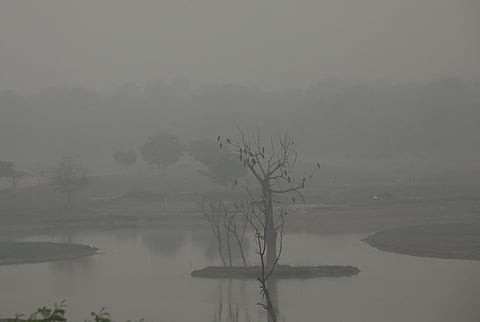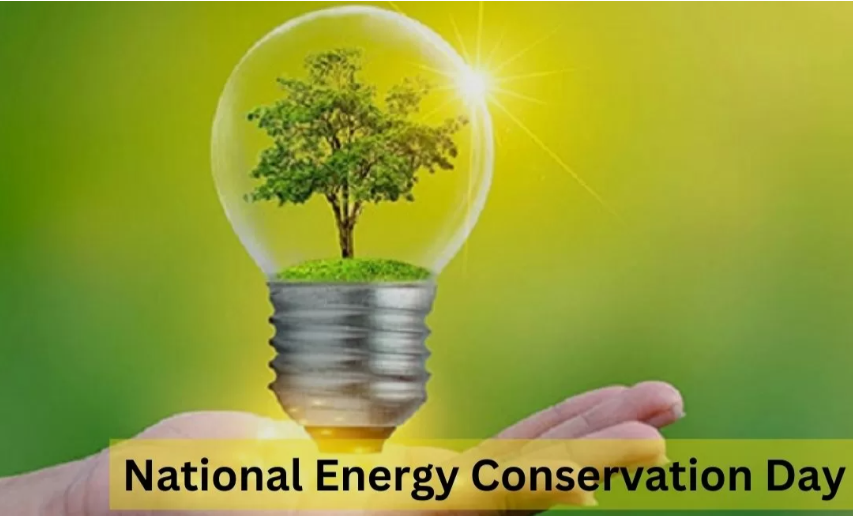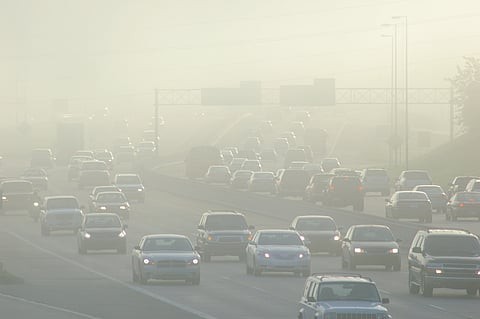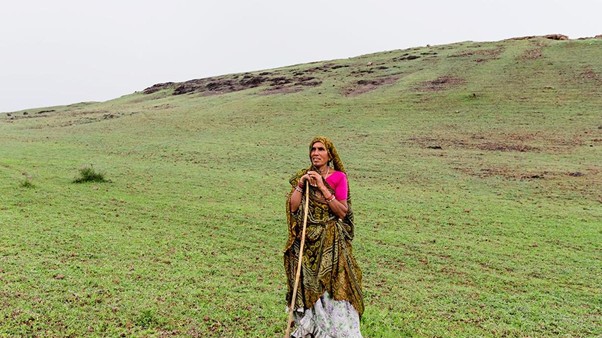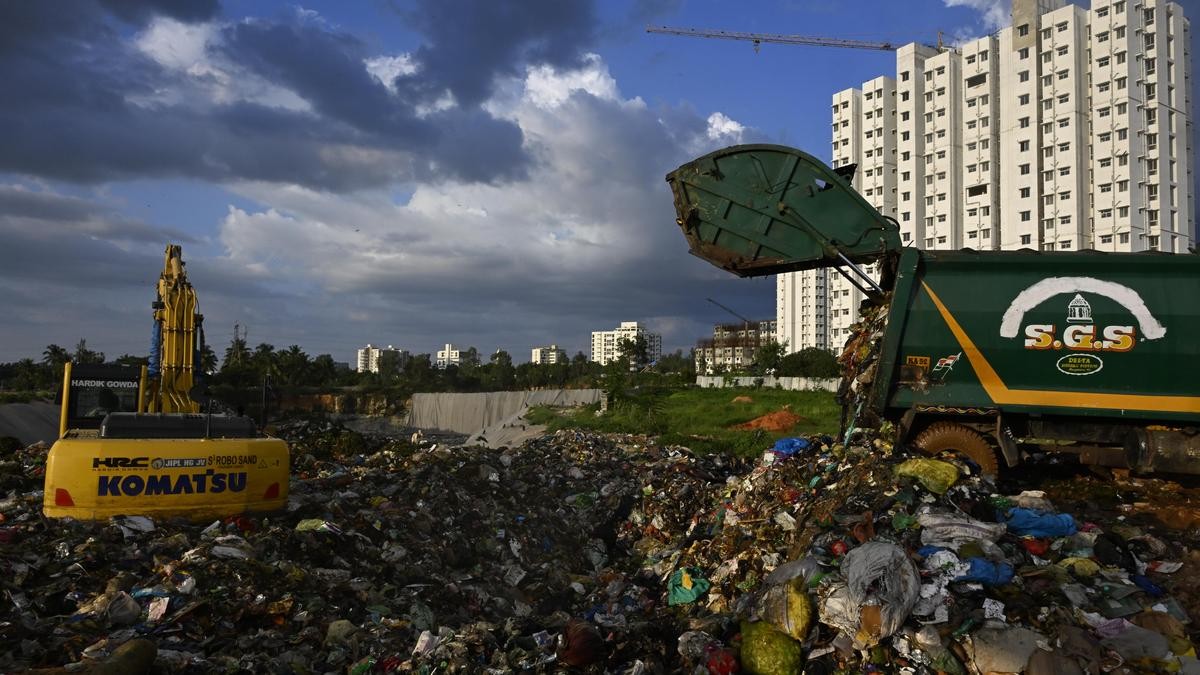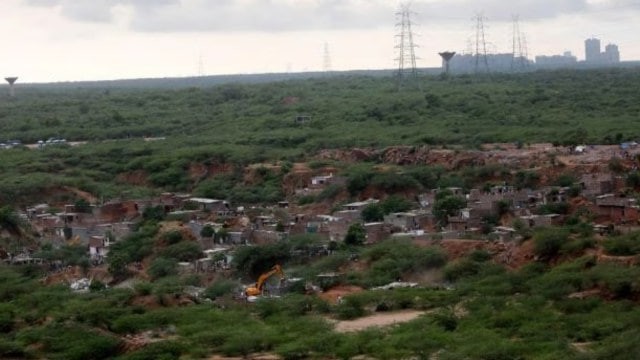Description
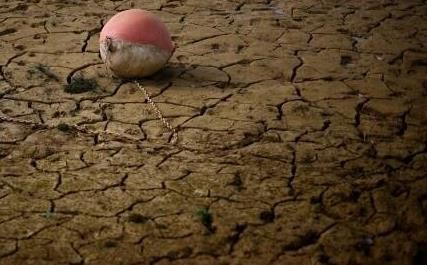
Disclaimer: Copyright infringement not intended.
Context: Scientists and economists warned that everything from deforestation to burning gas, oil and coal for energy is disrupting the rainfall the world relies on.
Details:
- The Global Commission's report is the first in five decades to chart a path to declining global water security.
- According to UN-Water 2021, an estimated 2.3 billion people, almost a third, live in water-stressed countries.
- A 2020 report by the US Food and Agriculture Organization estimates that more than 3.2 billion people live in agriculture that faces water scarcity or scarcity.
- The World Economic Forum expressed hope that the US summit could become a "Paris Agreement" for water, referring to the 2015 Paris Agreement on climate change.
.jpeg)
Findings:
- The global economy is built on the premise that we can rely on rain.
- But climate change and land use change are changing that dramatically.
- The new instrument allows scientists to track and identify the flow of water vapor that rises from rainforests like the Amazon and lands all the way to Argentina's soybean and wheat fields, where the Amazon is shrinking and experiencing severe drought.
- Steam from the vast plains of Kazakhstan and other parts of Central Asia provides about half of China's water. The loss of forests and other habitats is disrupting these flows, and climate change is causing extreme and unpredictable rainfall.
Impact:
- Water insecurity poses risks for everything from food supplies to hydropower, a key source of low-carbon energy.
- Lack of water in the Horn of Africa after five rainy seasons could trigger political instability, conflict, displacement and displacement, security analysts warn.

Solutions:
- Addressing growing water scarcity will require a deeper understanding of how water supplies, and all their risks, are linked to climate and environmental protection.
- The study calls for freshwater to be seen as a global issue rather than just a local or regional one, and to strengthen the management, sharing and valuation of limited supplies.
- The choice to improve water safety is not always easy. For example, the desire to capture and store more water has driven an increase in dam construction around the world.
- But building new dams often results in the loss of forests, other wildlife and farmland. Community land rights may also be threatened.
- In addition, increased water storage in river dams can lead to increased tension with downstream neighbors.
- Improving water security requires a shift to more accurate and backup irrigation systems, less water-intensive crops, drought-resistant agricultural practices, and growing non-irrigated crops in water-scarce areas.
- The report states that changes such as improving freshwater conservation in urban areas, using more wastewater and using less water in production will be important.

About the commission:
- The Commission is convened by the Government of the Netherlands and facilitated by the Organisation for Economic Co-operation and Development (OECD).
- It was launched in May 2022 with a two-year mandate.
- The GCEW is executed by an independent and diverse group of eminent policy makers and researchers in fields that bring novel perspectives to water economics, aligning the planetary economy with sustainable water-resource management.
- Its purpose is to make a significant and ambitious contribution to the global effort to spur change in the way societies govern, use and value water.
Goal: To transform the world’s understanding of the economics and governance of water, placing a strong emphasis on equity, justice, effectiveness and democracy.
Programme of work-the three pillars:
The work combines three pillars: analytics, societal dialogues and an action agenda.
MUST READ: https://iasgyan.in/ig-uploads/pdf/9388272.pdf
|
PRACTICE QUESTION
Q) Discuss the impact of climate change and land use pattern change on precipitation. (150 words)
|

https://indianexpress.com/article/explained/explained-climate/water-warning-economic-stability-vanishing-rainfall-8503886/







